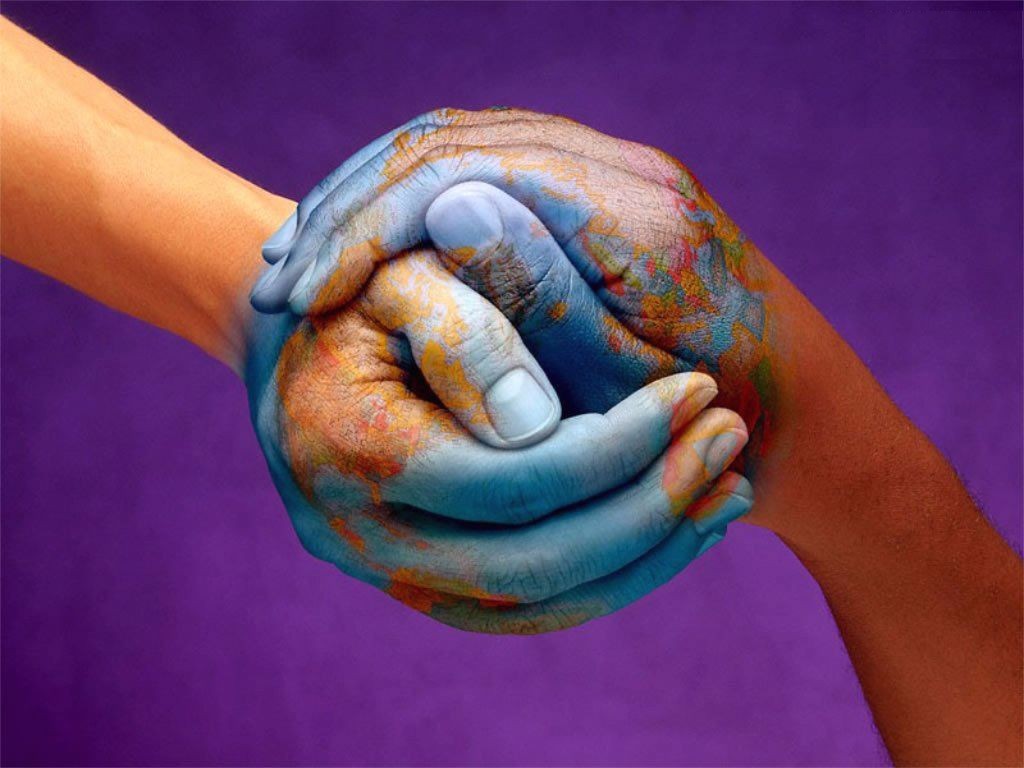7 results for tag: Providence Recovery
How I Got Sober and What I Now Know About the Impacts of Alcohol
How I got sober in September of 1989 was incredibly anti-climactic. Nothing was particularly awful or special about when or how I got sober. It was a Monday night, three days before I went for an alcohol assessment. I wanted to "beat the test," so I stopped drinking in advance to prove that I was n0t an alcoholic. I know; it's pretty funny, actually.
Even though I have been clean and sober since September 11, 1989 (Yes. September 11th, but twelve years before THAT September 11th), my recovery has four separate phases.
How I Got Sober - Phase One
The first phase was short-lived. I was going to an outpatient program four nights per week and AA/NA meetings the other days. I hated all of it, was not interested in what they had to offer, and was only complying to prove to my girlfriend at the time and her therapist that I was not an alcoholic. I still chuckle when I think about it. That phase came to an end when I freaked out, drove my car over 100mph, passed a cop, had that cop pull me over and approach my car with his rifle pointed at me, and a whole lot of drama during the following twenty-four hours that lead to me being locked up in an in-patient mental hospital while "sober"....How Iceland Got Teens to Say No to Drugs – The Icelandic Model
I become excited and inspired when I see concepts, ideas, and methods that I use in my work validated by international scientists and authors. The two articles that I have included excerpts from offer alternative ideas about the use and abuse of alcohol, tobacco, and drugs. From my experience, combining these two perspectives is the core of my work, supporting and facilitating shifting patterns, behaviors, obsessions, and addictions.
I typically integrate these three principles/methods for shifting unwanted patterns and behaviors.
- Exercises supporting the discovery and understanding of our patterns and thinking.
- Explore what we feel connected to, or the lack of connection, to people, animals, friends, family, and our environment. Create a plan to improve and expand our connections. (Read Johann Hari's views on addiction and connection at the bottom of this post.).
- Brainstorm interests, passions, and activities that we have either enjoyed in our past or present or would like to explore, including creative expressions, physical activity, opportunities to connect with the natural world, or anything that inspires or stimulates us. We follow the brainstorming process by implementing some of these interests and activities into our lives before or during launching into facilitating the shift in the unwanted behaviors. In short, let's find out what will inspire and stimulate you to replace the patterns, behaviors, and addictions that are problematic. (This parallels the process Harvey Milkman researched in the U.S. and implemented in Iceland, discussed in the main article focusing on teens and addiction.)
Being Sober – Alcoholism Is About Pain; Not Drinking Too Much
Getting and staying sober is a monumental task. It takes an incredible amount of effort and commitment, especially in the beginning. Getting sober isn't the goal, though. The goal is to become at minimum a decent human being, if not an exceptional one. Somehow our culture has created this illusional that staying sober is the destination, it's not even close. Getting sober is the springboard to something better. Staying sober is not the goal; getting married isn't the goal of a relationship. The goal for both alcoholics and marriages is to be healthy and balanced and live your best life with solid, sustainable relationships that support love, connection, and respect.
 ...
...
 ...
... Women & Booze: Is Everything We Know About Alcoholism Wrong? – mindbodygreen.com
This is an interesting article on Women & Booze. The main thesis is that men and women interact with alcohol differently. Therefore, Alcoholics Anonymous is not the best option for women since many are not alcoholics, according to the author. There are several important points she raises about women & booze, such as the lack of ability of A.A. to adapt and update program elements that may not make sense any longer or maybe never did. This is valid, and I have presented similar thoughts before. In addition, the chapter "To Wives" was not actually written by Lois Wilson, which further supports the claims of AA being anti-feminist. Who ...
A Year Without Alcohol
A Year Without Alcohol is an awesome blog post by Kelly Fitzgerald about her year without alcohol. Kelly's experiences are fairly normal for someone making a choice to become sober and lead a sober lifestyle. I am including her story because it is important for people to read the experiences of those who may be going through something similar and know it can and will get better.
...
Can Watching Football Teach Me About Recovery?
There is an addiction treatment method for recovering alcoholics and addicts called Recovery Dynamics. It was created by a practical, wise old alcoholic with some of the best professionals in the field of recovery. Recovery Dynamics uses the Twelve Steps of Alcoholics Anonymous as a modality for treatment, not just as an afterthought. There are many excellent exercises in the manual; this is one of my favorites for working with groups of addicts and alcoholics....







